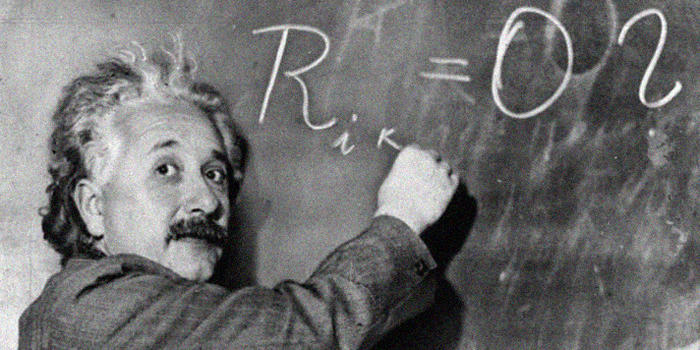
Creativity has become so intertwined with the definition of exceptional leaders that an entire industry has emerged to help leaders find their creative abilities. There is a Center for Creative Leadership, a Creative Leadership Group, a Creative Leadership Program, and hundreds of opportunities to go on retreats or attend bootcamps to awaken one’s imagination and ability to transcend traditional ideas.
In a recent article by Maria Popova, the author explores the collective wisdom of the world’s most creative people—the recipients of the MacArthur Foundation “genius grant.” Her insights, based on Denise Shekerjian’s book Uncommon Genius, contains several lessons that readily pertain to current or emerging leaders in our industry:
-
Stay loose. According to Popova and Shekerjian, the “Eureka!” moment that is so often associated with the pinnacle of the creative process is nothing but a farce—true creative geniuses revel in the “period of uncertainty” that leads up to that moment. By rejecting the moment of breakthrough as the goal, the leader is able to live in the ambiguous, unstructured time that is creative limbo, wrestling with a multitude of ideas in a messy mélange of thought and feeling. It is the leader’s ability to accept this (sometimes uncomfortable) ‘nowhereness’ that allows the creative process to bloom.
-
Entertain other points of view. Shekerjian states that creative solutions are often blocked by “single-minded concentration from a single frame of reference.” Leaders who surround themselves with yes-men and –women never attain true creative breakthrough because they are not given the opportunity to entertain contradicting points of view. This ability to open oneself up to outside influences is a hallmark of a creative person—and a common attribute among the MacArthur Foundation grant winners.
-
Edit fiercely. Popova quotes Henri Poincare when he asserted “to invent is to choose.” Once you have your creative idea, it’s imperative to hone it—to determine what makes it useful and profitable and, most important, how it relates to your business’s objectives. Without the editing process—narrowing down your idea’s focus—your idea has no practical purpose, and therefore, no legs.
So, what does all this mean, in practical application? Simply: enjoy the process—and encourage others to do the same. How many meetings have you attended (or led!) where someone asks for a creative solution and silence ensues? Silence and initial bad ideas are often interpreted as failures, when they should be appreciated and encouraged.
You want to be a creative genius? Then do as Rilke advised: “live the questions.”

